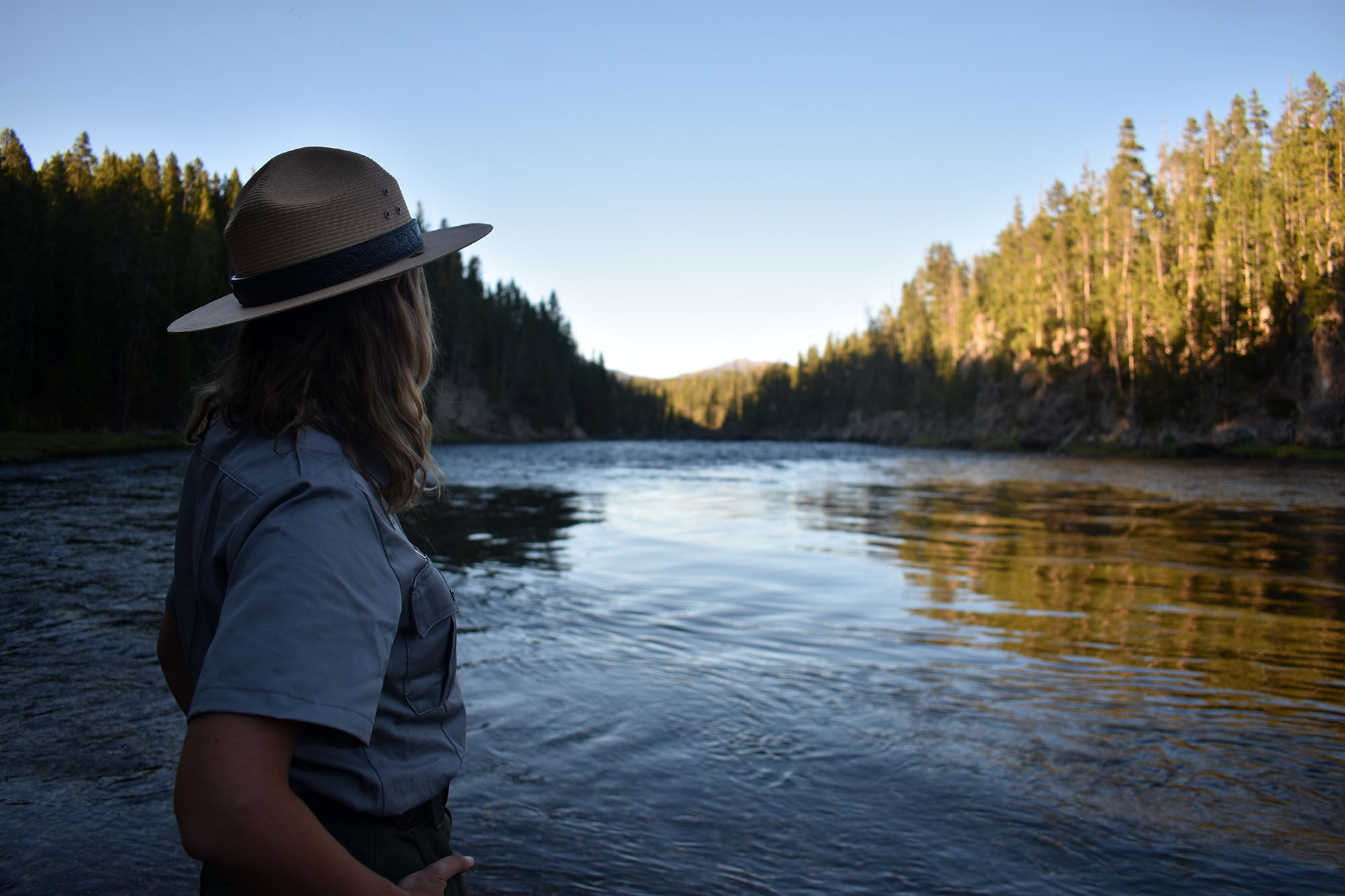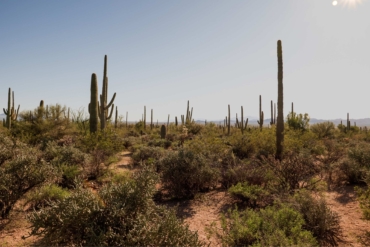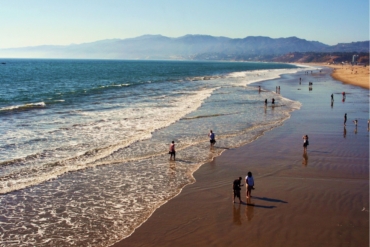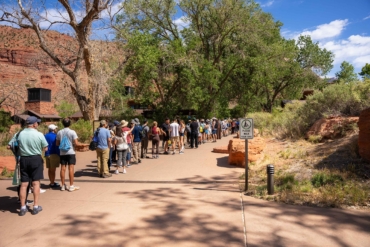We were winding deeper into Belize’s Actun Tunichil Muknal Cave, an ancient Mayan archaeological site deep in the jungle.
Getting to Actun Tunichil Muknal (ATM) involved several hours of swimming, really sloshing, through a freshwater creek and its tributaries. Our guide had supplied each of us with a disposable plastic water bottle. As in most developing countries, these are the go-to sources of drinking water for both visitors and locals alike.
Everyone rationed the contents of their 12-ounce disposable bottles as we descended into the caves. But, not me. I had all the water I could possibly drink. For me, it was as simple as dipping my 24-ounce Sawyer water bottle into the strikingly clear creek and drinking out of the straw.
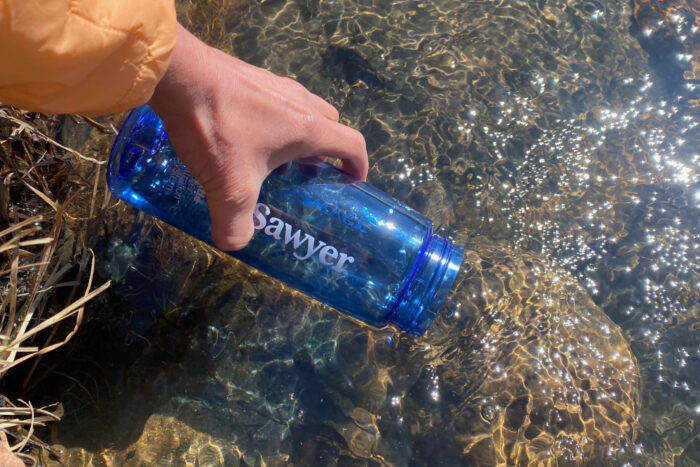
Fascinated by the simplicity of the device, I started thinking about how much plastic it could save to swap out the world’s disposable bottles with Sawyer’s. These filtration systems could render almost any natural water source safe to drink. And places like Belize that depend on bottled water might be able to break that dependence.
But Sawyer was way ahead of me — 15 years ahead, to be precise. In 2008, the brand started its Clean Water for All initiative, which provides Sawyer filters to developing countries around the world. And the company spends 90% of its profits funding it.
Bug Spray, Water Filters, and Beyond

Sawyer launched in 1984 selling sunscreen and insect repellant. Today, the brand is better known for its lightweight backcountry water filters. Sawyer’s filters use hollow fibers that are 75% stronger than its competitors’ filters, the brand claims. That makes them easy to clean and much longer-lasting.
They work extremely well. (We’ve also experienced this in testing.) Sawyer reports its filters remove 99.999% of all bacteria, protozoa, and cysts, and 100% of all microplastics.
But the best part? Ninety percent of all of Sawyer’s profits are spent giving its water filters away in developing countries like Liberia, Kenya, Cambodia, and many others worldwide.
“The profits from that filter you bought went to a project around the world. That’s the cool part,” Darrel Larson, Sawyer’s international director, said. Larson has been helping supply Fiji with clean drinking water since 2006 with his own nonprofit, Give Clean Water. He’s also the person on the ground with each of Sawyer’s projects in developing countries.
This year, Sawyer is celebrating the 15th anniversary of its Clean Water for All initiative. Sawyer helped tens of thousands of backpackers, campers, hikers, and hunters access clean drinking water on their wilderness adventures. And over the decade and a half it’s been making water filters, Sawyer has helped over 27 million people access clean water in over 100 countries around the world.
Sawyer Clean Water Initiatives: Making History in Liberia
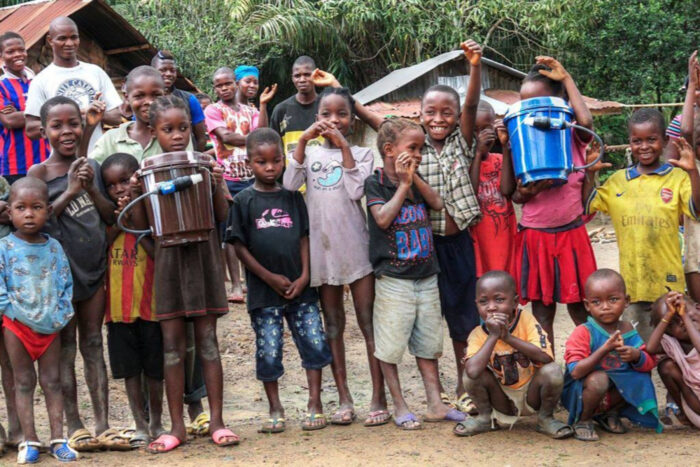
Liberia is one of the wettest countries in the world. It has millions of acres of rainforests, rivers, mangroves, and swamps. Over 3.7 million acres of the country are water or wetlands. And yet, the vast majority of the people who live there have no access to clean drinking water.
Sawyer has been trying to change that. Over 12 years the brand donated 130,000 water filtration devices to communities throughout Liberia, in partnership with the nonprofit The Last Well. Village by village, the project brought access to fresh water to people who’d never had it before.
And in 2020, Liberia became the first developing country to achieve basic clean water access for the entire nation.
“Before water filters went in, they didn’t have an accurate census. Liberia at that time was the second poorest country in the world,” Larson said.
“By the time The Last Well got to 2015, they knew to reach the whole country of Liberia, they needed to reach the jungle. They couldn’t get their well rigs into these places. Everybody said it couldn’t be done,” Larson said.
But the team made it happen. Sawyer brought in the water filters and Larson helped train locals how to use them.
“Ultimately, about 200 Liberians from all different nonprofits and churches got together and did it. They methodically made their way through every single village in Liberia, hiking and riding jungle bikes,” he said.
Results
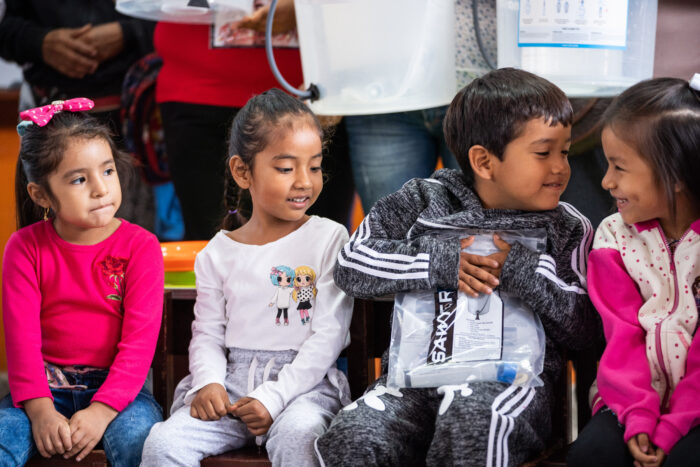
Part of the project involved collecting data from households before and after the water filtration systems were installed. Larson said that Sawyer really wanted to focus on what changed in people’s lives after they got clean drinking water.
Sawyer started tracking how much diarrhea was reduced, how much bottled-water purchases were reduced, what medical costs were saved, and how many more days adults worked and children went to school.
The measurable benefits of clean drinking water were staggering. Data from 105,000 families showed 36% had reported cases of diarrhea before the filters were installed. That number was reduced to 1.5% after just 8 weeks of access to clean water. Lifespan in these communities increased by 10 or more years. And it’s estimated that over 150,000 lives were saved.
“Virtually eliminating the waterborne sickness part, that was the tip of the iceberg,” Larson said. “Afterward, nobody would have to walk more than 15 minutes to a clean water source.”
In total, Sawyer donated about $5 million in materials and research to this project — the benefits of which are immeasurable. And that was just one, of many countries the brand is working with through its initiative.
Sawyer Elsewhere in the World
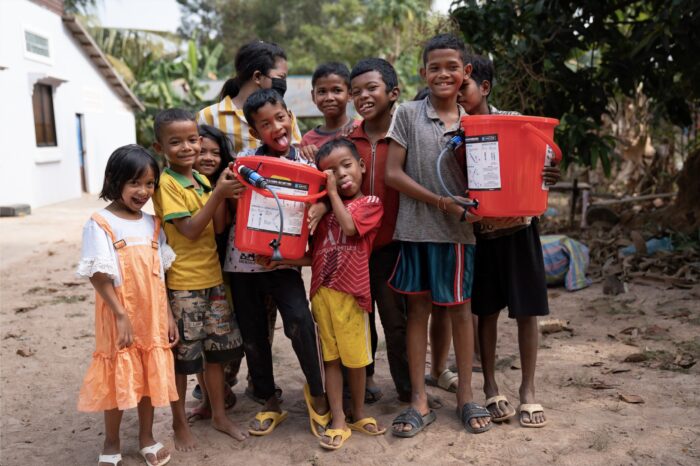
Kenya
Beyond Liberia, Sawyer has worked with nonprofits throughout the world, helping to provide clean drinking water in nearly 200 countries. The company is currently working with the organization The Bucket Ministry supplying water filters in Nairobi and Kibera, Kenya, the world’s largest urban slum.
“It’s a hygienic nightmare,” Larson described. “There’s like 70 toilets for just over 400,000 people and 95,000 homes.”
Given that, Sawyer donated 95,000 filters. As of 2022, 30,000 homes in Kibera were equipped with filters. After a survey of roughly a third of those, diarrhea rates had been reduced from 54% to just 2.2%. Within the next year, the entire neighborhood will have clean drinking water.
The Marshall Islands
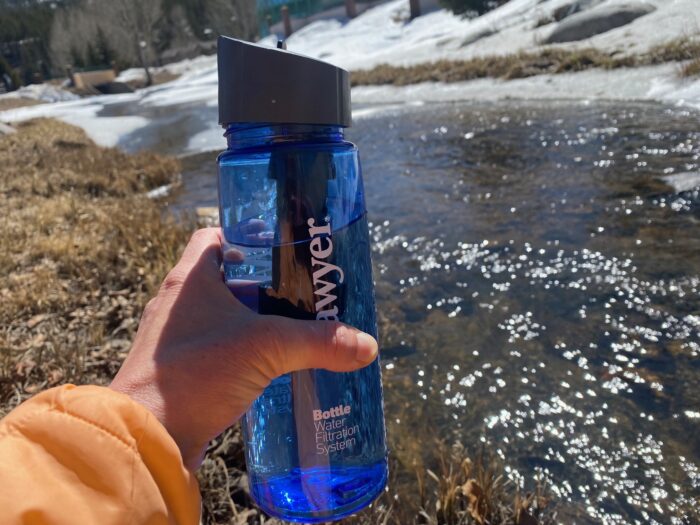
Sawyer’s current efforts also include a major project in The Marshall Islands. The group of islands and atolls located in the Pacific Ocean between Hawaii and the Philippines has a collective population of about 45,000 people.
Working with the local, female-led nonprofit Kora in Okrane (KIO) Sawyer is supplying every home in the country with clean drinking water. This, naturally, has involved some challenges in reaching the outlying islands.
“Marshall Islands is a small place,” Larson said. “Tourism is just sort of budding. It’s not very developed. They rely on rainwater [to drink]. The problem is everyone has corrugated metal roofs and birds deposit feces on the roofs. When when the EPA tested the water tanks, they found they were all polluted with e-coli.”
The women from KIO reached out to Sawyer for help. They had this great vision and wanted to lead the effort. So Larson met with them and made a plan.
“I got to go over and train them on how to use the filters,” he said. “They began the tedious job of [going] from island to island. They focused on the outer, most vulnerable islands first. Now they’re in the process of taking filters to the main two islands.”
And Larson said soon, the Marshall Islands will be the second developing country in the world to provide access to clean water for everyone.



